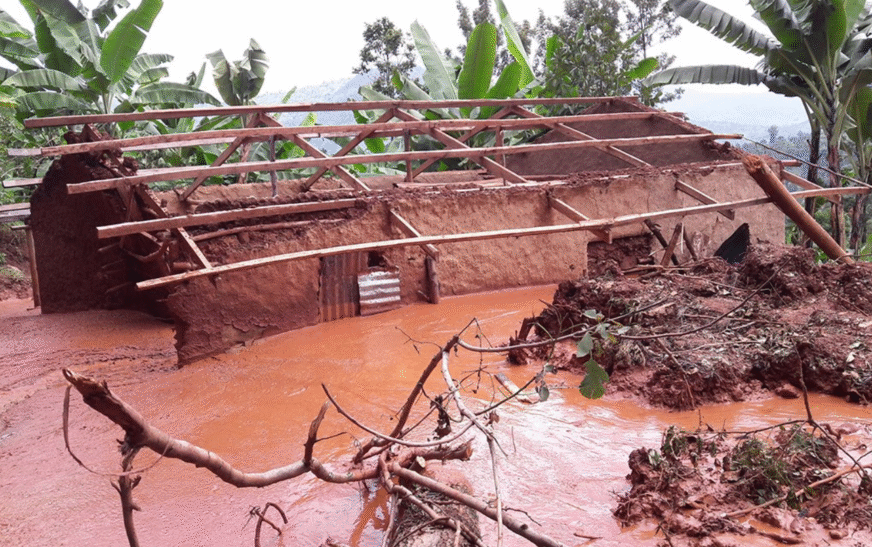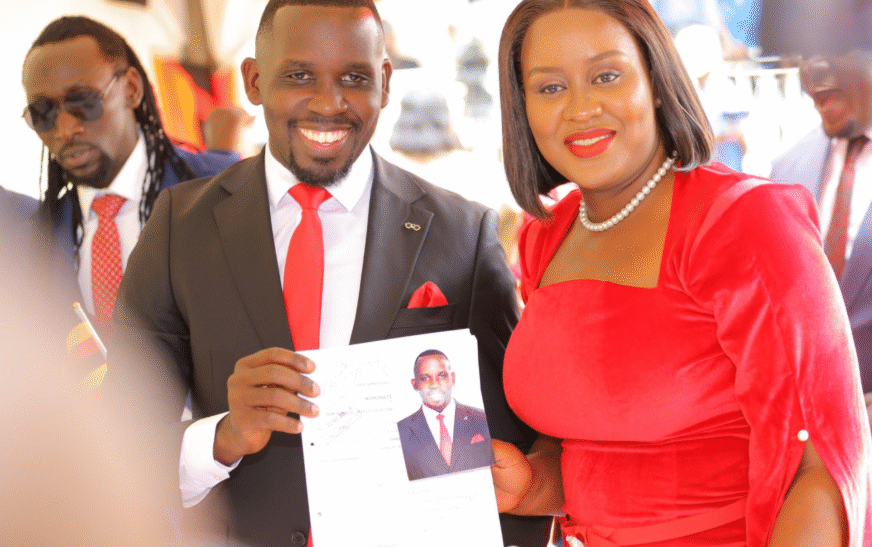A group of 48 landslide survivors are appearing once again before the Mbale High Court today in Uganda, just weeks before the heaviest rain season threatens to bring similar disasters to the area.
Following a landslide in December 2019 that killed dozens in the Bududa District of eastern Uganda, the survivors took legal action in 2020 with the support of the Ugandan NGO Greenwatch and Kakuru & Co Advocates.
They argue that by failing to establish effective disaster management systems in Bududa, the government violated the Constitution and other existing laws.
The survivors are demanding that emergency systems be implemented in high-risk areas and that families who lost loved ones receive financial compensation.
The case stalled for five years due to a procedural technicality, is now back in court, just a year after a similar landslide killed dozens in the neighboring Bulambuli District.
If the judge allows the case to proceed, the Mbale High Court will begin to examine the case in detail and address its core arguments.
Greenwatch Director Samantha Atukunda Kakuru Mwesigwa said almost five years after the launch of this case, these claimants have not wavered in their fight for justice, and we are proud to stand by them today in court.
“And during this painstaking wait, similar disasters have hit nearby areas such as the devastating landslide last year in Bulambuli, Without the right finance and adaptation measures in place, every town and village in eastern Uganda lives with the fear that tragedy could strike at any moment,” she said.
“That’s why this case has never been more important. Heavier rainfall wreaks and will continue to wreak havoc in the region, and we are hoping the court gives this case its long-awaited green light to proceed to the next stage.” She said.
Background to the Case
Recurrent landslides are an ever-present threat in eastern Uganda, particularly during the rainy months between November and January.
They have occurred for decades and have worsened over time—partly due to increased rainfall linked to climate change.
To address the growing danger faced by communities in landslide-prone areas, the Ugandan Government adopted a resettlement plan in 2010, aiming to relocate all those at risk within ten years.
However, little progress has been made, and only a limited number of people willing to relocate have completed the process.
Residents in Bududa, who are primarily subsistence farmers, have also raised concerns about the relocation program particularly regarding the availability of suitable land for farming and food production.
Meanwhile, landslides have continued to strike the region. Most recently, in Bulambuli District, 15 people were killed by a heavy-rainfall-induced landslide, with a further 113 people reported missing by local authorities.
Forty houses were swept away, and the military was deployed to assist in search and recovery efforts in the aftermath.
Beyond Uganda, climate change–fueled landslides are becoming an increasing threat across Africa. Heavy rainfall and flash flooding in Sudan reportedly killed hundreds last month, compounding the ongoing humanitarian crisis there.
According to UNICEF, nearly one million people across Kenya, Burundi, Tanzania, and Somalia were affected by flooding and landslides in May 2024.





















